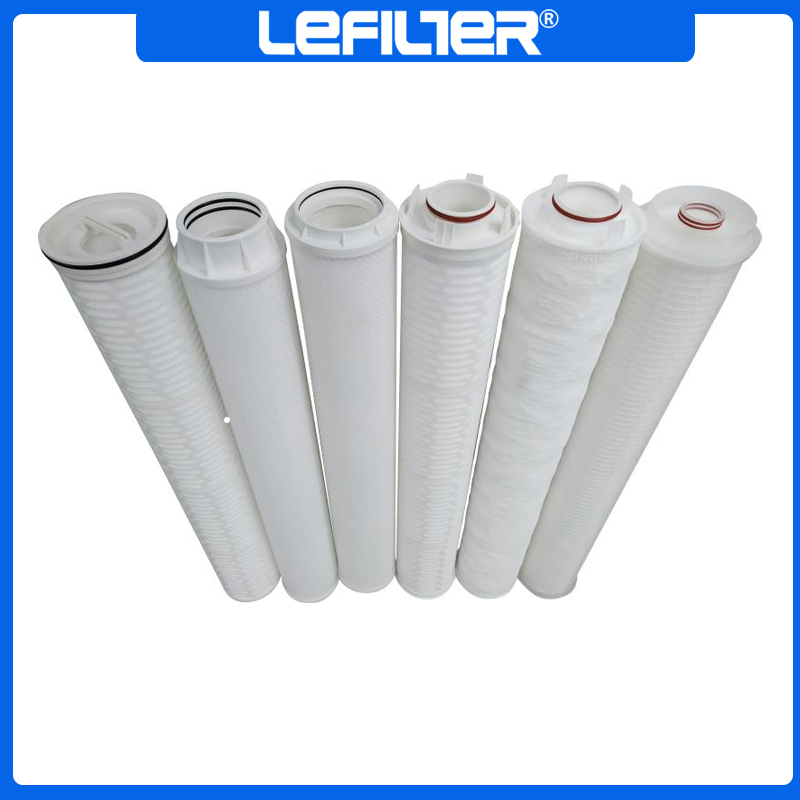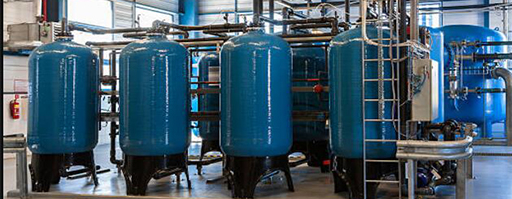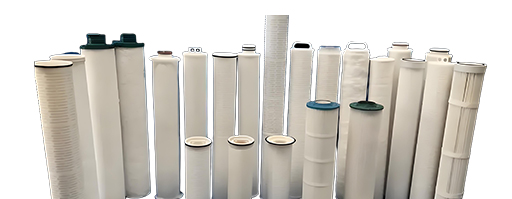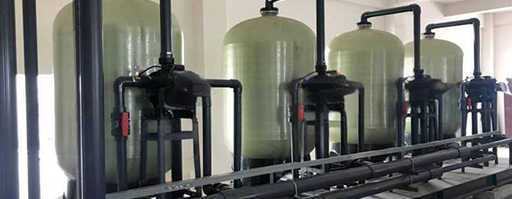Introduction
These filters are specifically designed to safeguard water supply systems by removing contaminants that could compromise the quality of water, damage industrial equipment, or disrupt critical operations. Industrial filters and industrial water filters are employed to maintain the integrity of large-scale systems, such as water treatment plants, cooling systems, and manufacturing processes, ensuring that only clean, secure water circulates through these systems.
Security filters play a vital role in the maintenance of water quality, offering both protective measures for the infrastructure and preventive solutions against potential operational failures. They provide a range of benefits, from enhancing water security to improving the longevity of the systems they protect. In this article, we will explore the key features, technological specifications, applications, and maintenance of security filters to better understand their importance and how they contribute to efficient water management.
Product Overview
A security filter is designed to intercept unwanted particles, debris, and harmful substances in water, ensuring that clean water is safely supplied to industrial systems. These filters are engineered to handle large volumes of water, typically under high-pressure conditions, while ensuring minimal maintenance requirements and optimal performance over extended periods.
Core Functions:
1.Contaminant Removal: Security filters effectively remove solids, sediments, rust, sand, and other particulates that could cause blockages or damage water systems. By keeping the water free from harmful substances, they protect pumps, valves, and other essential equipment.
2.Prevention of System Failures: In industrial environments, water systems are often susceptible to damage from contaminants that may disrupt operations. Security filters act as the first line of defense, reducing the risk of equipment failure and downtime.
3.Water Quality Control: Water quality is paramount in industries like food processing, pharmaceuticals, and energy. A security filter ensures that the water used in these processes meets strict quality standards, thus protecting both human health and operational efficiency.
Product Classification:
Security filters can be classified into several types based on the filtration medium and intended use. The most common classifications include:

1.Mechanical Filters: These filters rely on physical barriers (e.g., mesh or screens) to capture particles. They are commonly used in industrial water filtration applications to remove coarse particles.
2.Chemical Filters: These filters use materials like activated carbon or ion-exchange resins to remove dissolved chemicals, organic compounds, or odors, making them ideal for water treatment systems requiring high levels of purification.
3.Multimedia Filters: Combining multiple types of filtration media, these filters offer a versatile solution for removing a broad spectrum of contaminants, including suspended solids, organic matter, and microorganisms.
Technical Specifications
The performance of a security filter depends on several key technical parameters. These specifications ensure that the filter can handle the demands of industrial water filtration systems, providing reliable and efficient performance over time.
Key Technical Parameters:
1.Flow Rate: The water security filter must be capable of processing the required flow rates within the industrial system. This can range from small-scale systems to large, high-volume applications. A filter's flow rate is typically measured in gallons per minute (GPM) or liters per second (L/s).
2.Filtration Efficiency: The filter's ability to capture various sizes of particulates is measured by its efficiency rating. This is usually represented as the percentage of particles removed at specific micron sizes. A high-efficiency security filter can remove particles as small as 5 microns, ensuring superior filtration quality.
3.Pressure Rating: Industrial systems often operate under high pressure, so the filter must be designed to withstand such conditions. The pressure rating indicates the maximum pressure at which the filter can operate without failure.
4.Filtration Capacity: This refers to the total amount of water a filter can process before needing maintenance, typically measured in cubic meters (m³). Filters with higher capacities are essential for large-scale industrial operations that require continuous water treatment.
5.Material Construction: Industrial water filters are often made from durable materials like stainless steel or fiberglass-reinforced plastics (FRP). These materials ensure the filter can handle harsh environments, resist corrosion, and provide long-term reliability.
Applications and Solutions
Security filters are employed in a wide range of industrial applications, each with its own unique requirements for water filtration. Below are some common industries that benefit from security filters:
1.Water Treatment Plants:
Water treatment facilities rely heavily on security filters to ensure that the water they process is free from contaminants before distribution. The use of industrial water filters helps protect the entire water treatment process, preventing damage to pumps, valves, and other infrastructure caused by solid debris.
2.Manufacturing and Food Processing:
In manufacturing and food processing plants, water quality is critical to the production process. A water security filter ensures that the water used in these processes remains free from harmful particulates, which could contaminate products or damage sensitive equipment.
3.Power Generation:
In power plants, water is used for cooling systems and steam production. Industrial filters prevent contaminants from entering the system, ensuring efficient heat exchange and preventing corrosion or scaling of cooling towers and boilers.
4.Chemical and Pharmaceutical Industries:
These industries require ultra-pure water for their processes. Security filters remove suspended solids, bacteria, and chemical residues, ensuring that the water meets strict purity standards.
5.Wastewater Treatment:
Security filters play a crucial role in wastewater treatment plants by removing large particles from influent water before further processing. These filters help prevent clogging of downstream treatment equipment and enhance overall system efficiency.

Installation and Maintenance Guidelines
Proper installation and regular maintenance are key to ensuring that a security filter performs effectively throughout its operational life.
Installation Steps:
1. Site Assessment: Before installation, assess the water system to determine the correct filter size, flow rate, and type of filtration needed. This will depend on the volume of water being processed and the type of contaminants present.
2. Mounting: Install the filter in an easily accessible location for routine maintenance. Ensure that it is properly secured and connected to the system without any risk of leaks or pressure loss.
3. Connection: The filter should be connected to the water system via appropriate piping. Ensure that all connections are tight and that the system is free from airlocks or blockages.
4. Testing: After installation, conduct a system test to check for proper flow rates, pressure ratings, and filtration efficiency. Make any necessary adjustments before the system goes live.
Maintenance and Troubleshooting:
Regular Backwashing: Depending on the type of filter, backwashing should be performed regularly to remove accumulated debris. Automated backwash systems are available for industrial applications.
Inspect Filtration Media: Over time, the filter media may degrade or become saturated. Regularly inspect the media and replace it as needed to maintain filtration efficiency.
Monitor Pressure Levels: Keep an eye on the pressure differential across the filter to detect any blockages or reductions in flow rate, indicating that maintenance may be needed.
Clean Filter Housing: Periodically clean the filter housing to remove any accumulated dirt or residues, ensuring optimal filtration.
Troubleshooting:
If the flow rate drops significantly or the pressure increases, it may indicate that the filter media is clogged. In such cases, backwashing or replacing the media may be necessary.
Leaks in the filter housing or connections could indicate faulty seals or damaged parts. Regularly check and replace seals to prevent water leakage.
In conclusion, security filters are integral to ensuring water security in industrial applications. Their core function—removing contaminants and protecting water systems—helps maintain water quality and prevent equipment damage, thus ensuring smooth and efficient operations. Whether for industrial water filtration, water treatment plants, or any other high-demand water systems, security filters provide reliable, long-lasting performance.
High Flow Water Filter Element

High Flow Filter Cartridge











